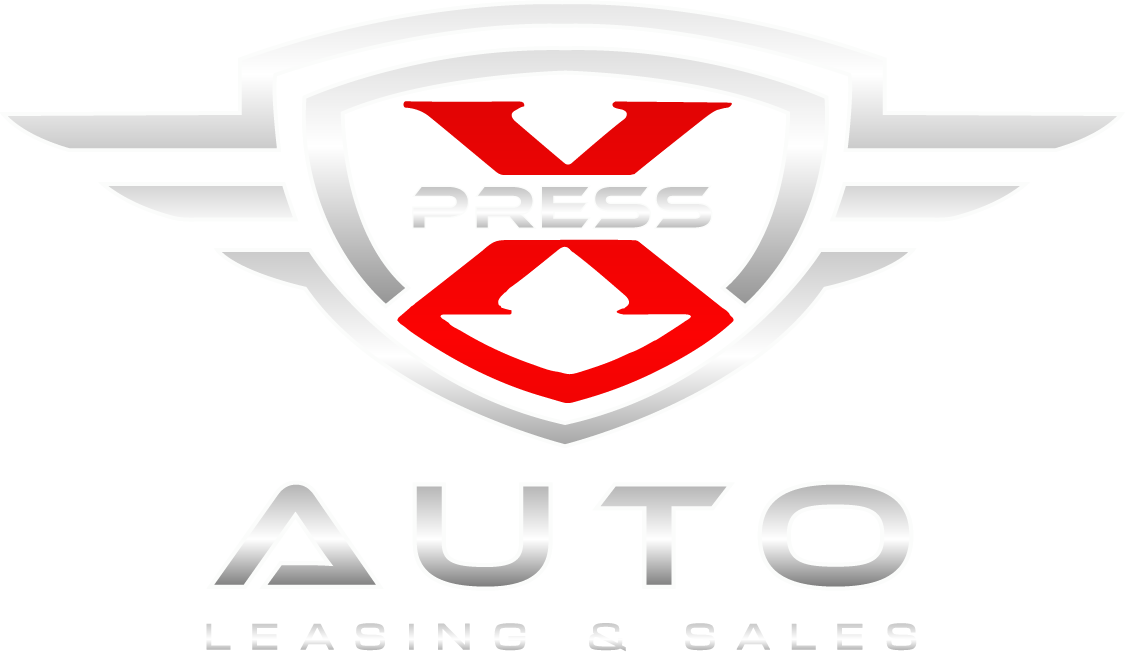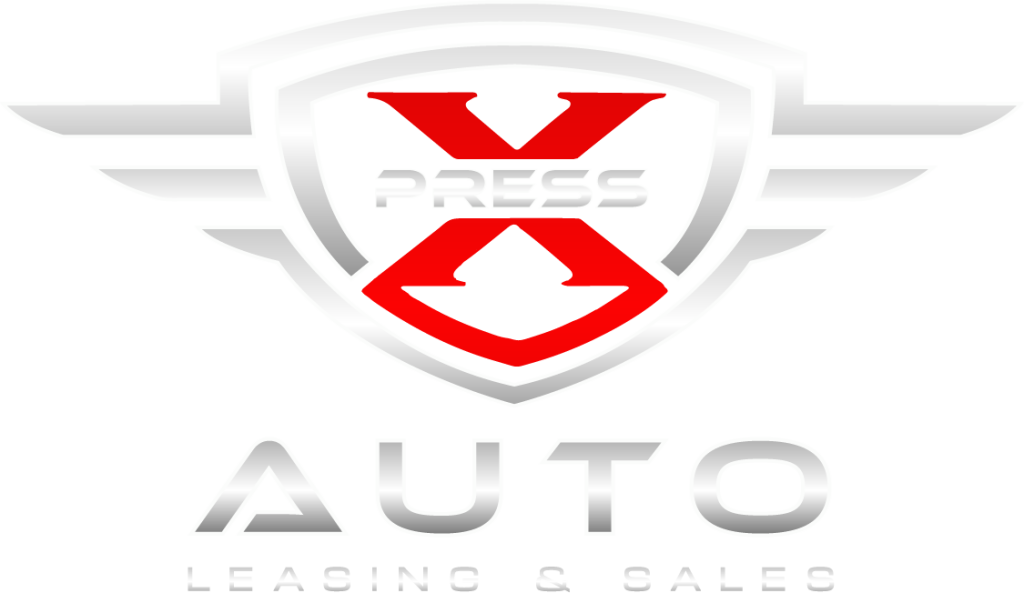Leasing
Leasing a Vehicle
Since tax reform, there are no advantages to owning a car. The interest write offs on automobile loans, investment tax credits, and sales tax deductions have all been eliminated. These are just a few of the reasons to call the professionals at Xpress Auto Leasing and Sales.
For your next vehicle, whether you buy or lease, choose the company who set the standard for automobile leasing, choose Xpress Auto Leasing and Sales.
More Lease Plans to Choose From then your dealer.
Xpress Auto Leasing and Sales offers virtually every competitive lease program out there. Not only do we offer every make and model, we search all of our sources for the best lease available for the vehicle you chose. While some hot vehicles are in short supply in some areas, they are available in others. We are not limited to purchasing vehicles in one city. Thousands of vehicles are waiting just a phone call away that you would never have access to. We make this possible! While a new car dealership may offer only one or two lease program choices, Xpress Auto Leasing and Sales offers you more than forty!
No Headache Program Computer System.
Our exclusive “No Headache Program” takes the guesswork out of which program will save you the most money. When you pick the vehicle you want, the color and options, length of lease, etc. we enter that information into our computer. Our program searches all leasing programs available in our database and narrows it down to the top five leasing programs that offer the lowest monthly payment. The lease with the absolute lowest payment is highlighted and that is the lease that will save you the most money! Based on the model you pick, the term, mileage, etc. there is no way to make a mistake and pay higher lease payments than necessary.
Every Lease plan equals savings.
Whether you want one vehicle or one hundred, if its an open-end lease for business or a closed-end personal lease, Xpress Auto Leasing and Sales offers you savings at every turn. With one phone call today, you can be driving your new car tomorrow in a lease that offers you more options than any other lease.
It’s a common dilemma: lease versus buy — which is better? Everyone who has ever thought about buying or leasing a car has had to answer this question.
Lease versus buy
The answer is: It all depends on what you need and want.
Leases and financing are simply two different methods of automobile financing. One finances the use of a vehicle; the other finances the purchase of a vehicle. Each has its own benefits and drawbacks.
It’s not possible to simply say that one is always better than the other because the answer depends on each specific situation.
When making a ‘lease or buy’ decision you must look not only at financial comparisons but also at your own personal priorities — what’s important to you.
1. Is having a new vehicle every two or three years with no major repair risks more important than long-term cost?
2. Are long term cost savings more important than lower monthly payments?
3. Is having some ownership in your vehicle more important than low up-front costs and no down payment?
4. Is it important to you to pay off your vehicle and be debt-free for a while, even if it means higher monthly payments for the first few years?
So, making the lease or buy decision is not quite cut and dry. There are things you need to consider first.
Differences between Buying and Leasing
When you are buying, you pay for the entire cost of a vehicle; regardless of how many miles you drive it. You typically make a down payment, pay sales taxes in cash or roll them into your loan, and pay an interest rate determined by you’re the finance company. It is largely based on your credit history and score.
When you leasing, you pay for only a portion of a vehicle’s cost, which is the part that you “use up” during the time you’re driving it. You have the option of not making a down payment, you pay sales tax only on your monthly payments (in most states), and you pay a financial rate, called money factor, that is similar to the interest rate on a loan. With leasing, you may also be required to pay special lease-related fees and possibly a security deposit that you don’t pay when you buy. You make your first payment at the time you sign your contract — for the month ahead.
Buying vs. Leasing example
As an example, if you lease a $30,000 car that will have, say, an estimated resale value of $18,000 after 24 months, you pay for the $12000 difference (depreciation), plus finance charges, plus fees.
When you buy, you pay the entire $30,000, plus finance charges, plus fees.
This is fundamentally why leasing offers significantly lower monthly payments than buying.
Lease payments are made up of two parts: a depreciation charge and a finance charge. The depreciation part of each monthly payment compensates the leasing company for the portion of the vehicle’s value that is lost during your lease. The finance part is interest on the money the lease company has tied up in the car while you’re driving it. In effect, you are borrowing the money that the lease company used to buy the car from the dealer. You repay part of that money in monthly payments, and repay the remainder when you either buy or return the vehicle at lease-end.
Loan payments also have two parts: a principal charge and a finance charge, similar to lease payments. The principal pays off the full vehicle purchase price, while the finance charge is loan interest.
However, since all vehicles depreciate in value by the same amount regardless of whether they are leased or purchased, part of the principal charge of each loan payment can be considered as a depreciation charge, just like with leasing — it’s money you never get back, even if you sell the vehicle in the future.
The remainder of each loan principal payment goes toward equity. It’s what remains of your car’s original value at the end of the loan after depreciation has taken its toll. Equity is resale value. It’s what you get back if you sell the vehicle. The longer you own and drive a vehicle, the less equity you have. At some point in time, after the wheels have fallen off and the engine is worn out, the only equity left is scrap value.
Leasing can be a little more complicated
Because leasing is somewhat more complicated; with residuals, money factors, etc.; it shouldn’t be undertaken quite as casually as you might with a simple loan. There are more opportunities to misunderstand and make mistakes. Therefore, leasing requires that you be more careful and more informed. Call us at Xpress Auto Leasing and we will walk you through the information.
Most car leases have automatic built-in gap coverage, while car purchase loans almost always do not. Gap coverage, or gap insurance, pays the difference between what you owe on your loan or lease, and what your vehicle is actually worth if your vehicle is stolen or destroyed.
Why is this important? Because it’s very common with car leases and loans, in these days of 0% interest, no down payment, and delayed payments, to owe more than your car is worth for most of the life of the financing. This can mean you’ll still owe hundreds or thousands of dollars to the finance company even after your insurance has paid off — for a car you no longer have. This turns out to be a shocking surprise for most people caught in this unfortunate situation.
So, nearly all leases have it, most purchase loans do not. You’re better protected with a lease, unless you purchase the gap insurance separately at extra cost for the loan — if you can find somewhere to buy it.
So which is better? If all of this information was not helpful, please give us a call and we will explain it further.

